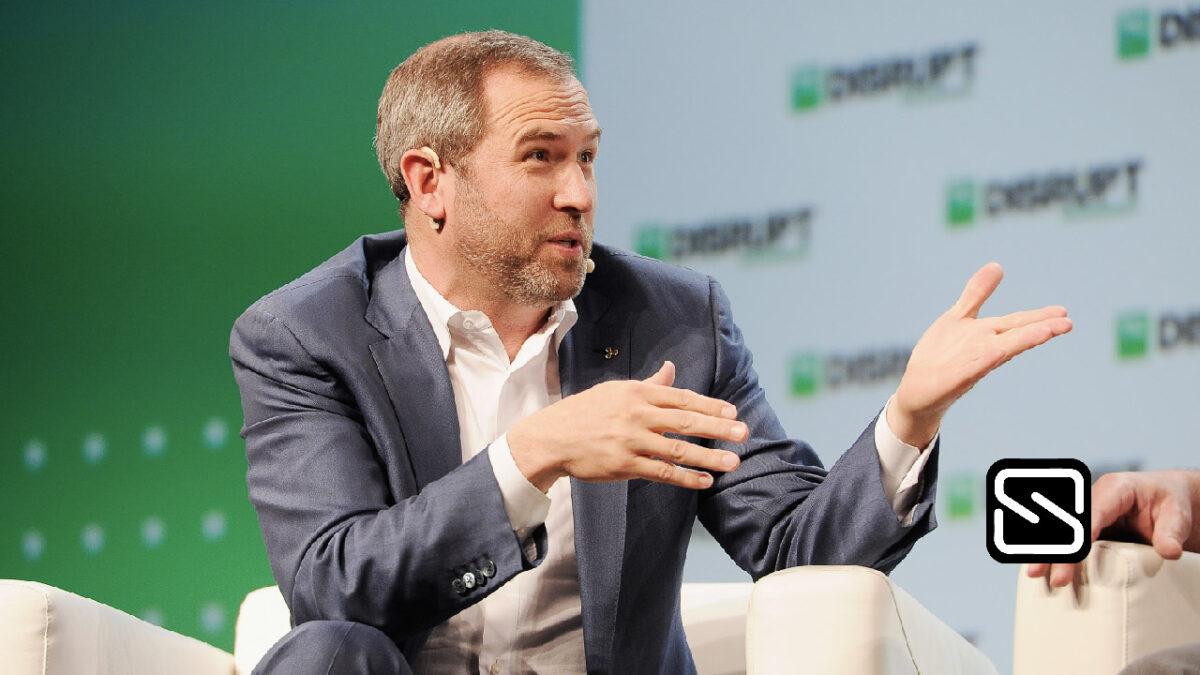Bitcoin has attracted criticism from Ripple CEO Brad Garlinghouse saying Bitcoin ‘tribalism’ is holding the crypto industry back. Speaking at the Paris Blockchain Week Summit earlier this month, the boss of the blockchain firm made remarks emphasizing
that polarization within the $2 trillion market is not healthy.
According to Garlinghouse, “tribalism” around bitcoin and other cryptocurrencies is holding back the entire market. The tribalism referred to here is the tendency for players in the crypto market to favour or believe only in a particular coin’s merits and reject any other crypto at times out of sentiment.
Whether despite or because of the large sea of coins floating around the market, some digital coins have attracted quite a dedicated following — not least of which is Bitcoin, whose hardcore advocates are often referred to as “maximalists”. Twitter co-founder Jack Dorsey and MicroStrategy CEO Michael Saylor are among the so-called Bitcoin maximalists who support only Bitcoin and not other cryptocurrencies.
For context, as a big industry big name, Michael Saylor’s stance on Bitcoin is seen as nearly reaching a state of religion when he is quoted saying “Money is something to live with. Bitcoin is something to live for.” Putting Bitcoin on a pedestal could be problematic as it can easily blind one to the flaws or shortfalls of the cryptocurrency.
Garlinghouse considers such maximalism excessive and thinks investors should diversify and put their trust in more assets. He backed these remarks with an admittance, “I own Bitcoin, I own ether, I own some others. I am an absolute believer that this industry is going to continue to thrive. All boats can rise.”
As a former Yahoo executive, Garlinghouse used a practical example when he compared the crypto industry today to the dot-com era of the late 1990s and early 2000s.
“Yahoo could be successful and so could eBay … They’re solving different problems,” he said. “There’s different use cases and different audiences and different markets. I think a lot of those parallels exist today.”
In a market with tens of thousands of cryptocurrencies in circulation worth a combined $2 trillion according to CoinGecko data, it is indeed evident that opportunities within the crypto market are growing.
With cryptocurrency adoption on the rise, lawmakers around the world are in a running battle to establish regulatory frameworks that will protect the interests of the people while allowing the industry to thrive.
Garlington’s comments come after US President Joe Biden signed an executive order calling on the US Government to examine the risks and benefits of cryptocurrencies in March 2022. He argues that maximalism leaves the crypto industry with “fractured representation” when it comes to lobbying U.S. lawmakers.
“The lack of coordination in Washington, D.C., amongst the crypto industry, I find to be shocking,” he said.
Ripple is often linked with XRP, a cryptocurrency the company uses for cross-border payments. The company owns a majority of the 100 billion XRP tokens in circulation, which it periodically releases from an account to keep prices stable.
Ripple is in court with the Securities and Exchange Commission over allegations that it illegally sold over $1 billion worth of XRP in an unregistered securities offering. The company argues that XRP should be considered a virtual currency, not a security.
